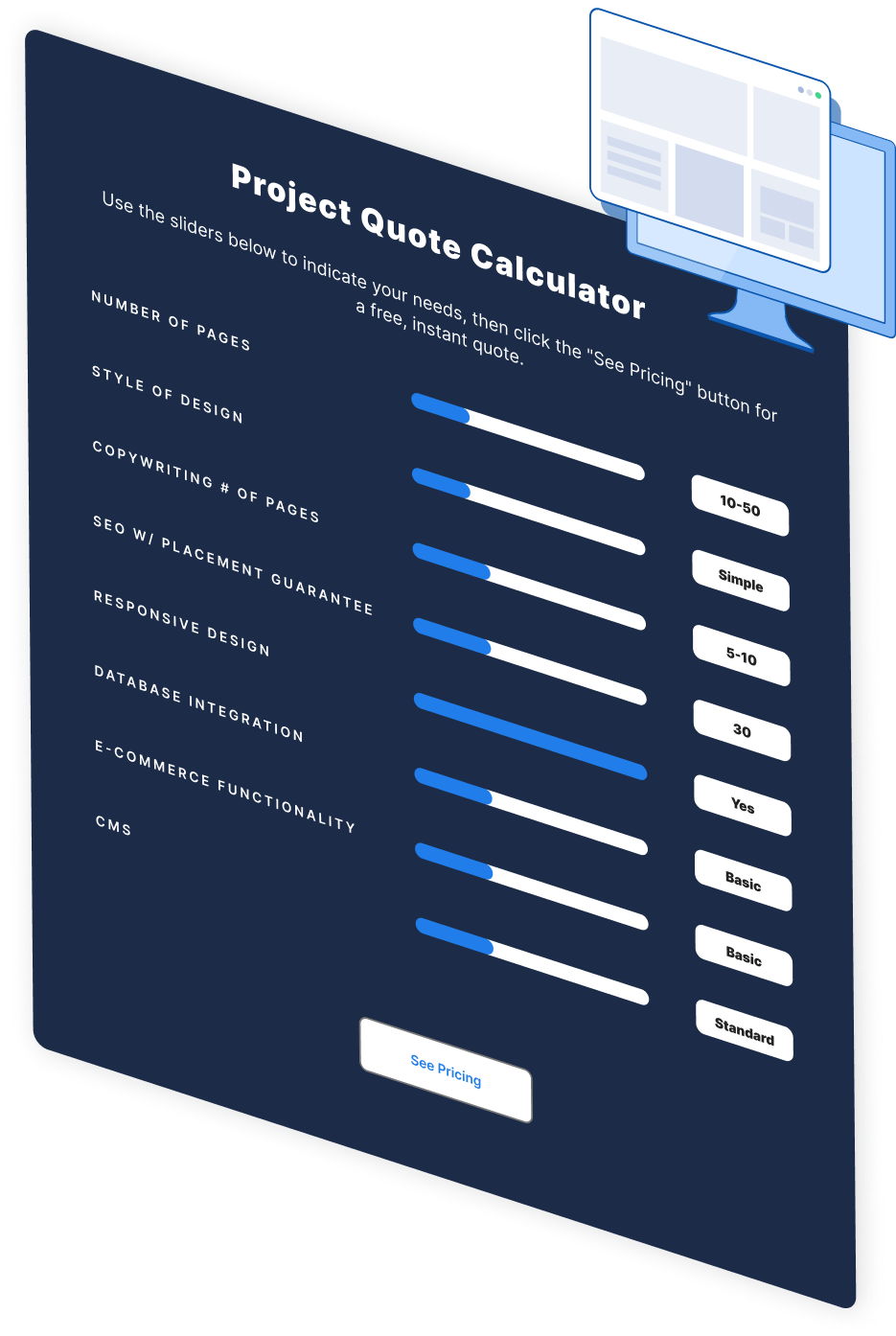- Home
- Blog
- Web Design Drupal vs Magento: Which is Right for Your Ecommerce Business?
Drupal vs Magento: Which is Right for Your Ecommerce Business?
-
 5 min. read
5 min. read
-
 Trevin Shirey
Trevin Shirey VP of Marketing
VP of Marketing
- Trevin serves as the VP of Marketing at WebFX. He has worked on over 450 marketing campaigns and has been building websites for over 25 years. His work has been featured by Search Engine Land, USA Today, Fast Company and Inc.
As the owner of an ecommerce store, you have many major decisions to make that directly impact your company. What products will you carry? How will you determine your pricing?
What shipping services will you use? All these and more are questions you need to answer before launching your site. But before you begin the process of designing your store – or selecting a web design agency to take on the project – you have to determine which content management system, or CMS, you want to use.
And in when it comes to ecommerce, there are two major names to choose between — Drupal and Magento. In this post, I’ll discuss everything you need to know about Drupal and Magento so you can pick the right CMS for your site.
 Advantages and disadvantages of Magento
Advantages and disadvantages of Magento
One of the most well-known ecommerce platforms on the market today is Magento. It’s often the go-to choice for business owners because of its wide range of functionalities.
Here’s what you should know:
Advantages
Ecommerce sites that run Magento can handle hundreds of thousands of products at a time and can even run several different stores at a time. This means that no matter how much your business grows, you’d never need to worry about upgrading to another platform. The platform is designed to be commerce-focused and has a straightforward process for creating and managing product catalogs.
You basically set up different product categories (ex. shirts, pants, accessories) and place your products within them. Magento also offers analysis, report, and product management systems to help users manage their inventories and reports.
As an added bonus, Magento is SEO-friendly, meaning that it’s easy to optimize your product pages for search. And with the extensive support community on Magento’s site, there are a lot of people who can help if you run into any issues.
Disadvantages
The trade off for Magento’s extensive capabilities is that it can place high demands on your server. This means that if you’re planning to use it for your site, you need to first make sure that your server can handle it.
And although its ecommerce capabilities are strong, Magento’s CMS functionality isn’t the best. As a result, most site owners who use Magento only use it for the ecommerce sections of their site and run the rest of their site on another CMS like WordPress.
Brands that use Magento
If you’d like to see what an ecommerce site running on the platform looks like, you won’t have to search too hard. Many successful ecommerce brands rely on Magento, like Nike Australia, Rosetta Stone, Harper’s Bazaar, Volcom, Rebecca Minkoff, and Sierra Nevada Brewing company.
Advantages and disadvantages of Drupal
Drupal is another well-known ecommerce platform, but also has the added functionality of a full CMS. Here’s what you should know:
Advantages
Drupal is a comprehensive CMS and ecommerce platform, meaning that your entire site can run on it. Unlike Magento, which is typically integrated with another platform like WordPress, you can manage all of your pages in one central location.
It’s also an extremely flexible platform, and virtually every aspect of your site, catalog, and product presentation is fully customizable. When you use Drupal, you begin with a much less defined setup and play a much bigger role in choosing the options you want.
Disadvantages
Drupal is not compatible with other software, so if you have another CMS in place (like WordPress), you can’t integrate it into your site without some major changes. Some users also don’t like that it lacks a few features in its shopping cart, like discount codes and estimated shipping and tax.
It’s also important to note that although many developers love the flexibility that Drupal allows, customizing your platform requires advanced coding knowledge. This means that it’s not necessarily a user-friendly choice for those who don’t have experience developing sites.
Brands that use Magento
Drupal also has an impressive client list, including Whitehouse.gov, NBC, Tesla, Harvard University, Timex, Weather.com, and the Dallas Cowboys.
Which one is right for you?
Ultimately, the CMS that’s right for you depends on what you’re looking for in an ecommerce platform. If you just want to add ecommerce functionality onto your existing site, Magento is a great choice.
But if you’d rather do a complete overhaul to have your site running on one CMS, Drupal is your best bet. That being said, if you have an in-house developer, they should definitely be a key decision-maker in this process. Regardless of which platform you choose, you’ll need someone with coding experience to get your ecommerce functionality up and running.
And if you don’t plan to work with an outside agency, learning either one of these platforms is a challenging task for even the best developer.
Ready to start designing your storefront?
If you’re considering launching or updating an ecommerce store, deciding between Drupal and Magento (as well as the many other options on the market) can be difficult. It’s worth investing some serious time in making the right choice, as it will ultimately play a huge role in the overall look and feel of your site. And if you’re looking for a developer, check out our CMS development and ecommerce services.
Whether you’re looking to build an entirely new site or add ecommerce functionality to your existing one, our experienced team of developers can help. At WebFX, we offer a variety of services including display advertising, ecommerce PPC, Facebook advertising, local online marketing for your ecommerce storefront, and so much more. Give us a call at 888-601-5359 to learn more about our wide variety of services!
-
 Trevin serves as the VP of Marketing at WebFX. He has worked on over 450 marketing campaigns and has been building websites for over 25 years. His work has been featured by Search Engine Land, USA Today, Fast Company and Inc.
Trevin serves as the VP of Marketing at WebFX. He has worked on over 450 marketing campaigns and has been building websites for over 25 years. His work has been featured by Search Engine Land, USA Today, Fast Company and Inc. -

WebFX is a full-service marketing agency with 1,100+ client reviews and a 4.9-star rating on Clutch! Find out how our expert team and revenue-accelerating tech can drive results for you! Learn more
Make estimating web design costs easy
Website design costs can be tricky to nail down. Get an instant estimate for a custom web design with our free website design cost calculator!
Try Our Free Web Design Cost Calculator


Web Design Calculator
Use our free tool to get a free, instant quote in under 60 seconds.
View Web Design CalculatorMake estimating web design costs easy
Website design costs can be tricky to nail down. Get an instant estimate for a custom web design with our free website design cost calculator!
Try Our Free Web Design Cost Calculator






